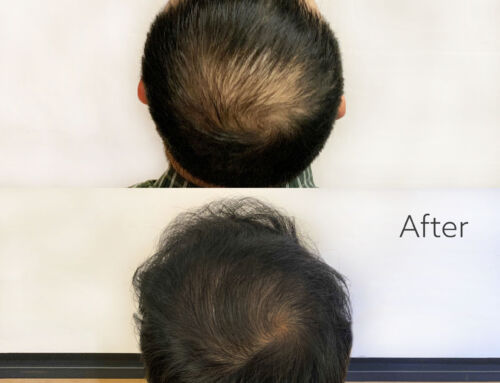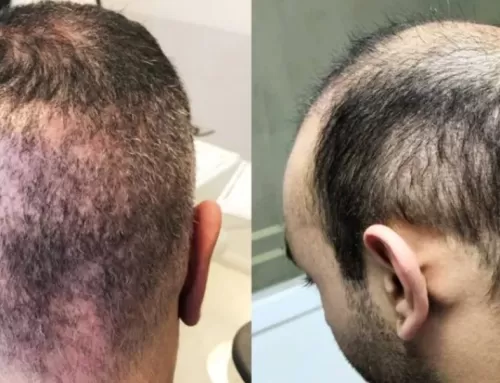An essential component of ensuring the success of hair transplants is factoring in the characteristics of the hair. Some of the hair transplant considerations include degree of curl, hair color, and hair coarseness. At our Boston, MA, office, Dr. Ryan Welter can explain how each of these can effect the success of your hair transplant.
How the Degree of Curl Affects Your Hair Transplant
The degree of curl or waviness of your hair affects the amount of coverage it provides. Generally speaking, the more curl your hair has, the greater coverage and protection it provides your scalp. Patients of African descent tend to have the greatest degree of curl, and therefore, maximum coverage.
What Does This Mean for Your Hair Transplant?
Hair transplant procedures are individualized to meet each patient’s needs, hair type, and hair characteristics. Many hair transplant procedures are performed using donor hair from another part of the patient’s body. The degree of curl the hair on your scalp has compared with other parts of your body may impact Dr. Welter’s ability to perform a successful transplant.
For many of us, the hair growing from the scalp is different in texture, degree of curl, and even in color, from hair growing on our arms, legs, or other areas of the body. If the two areas are similar enough in degree of curl, Dr. Welter may have greater odds of a successful transplant. If, however, the hair from your scalp is curly, but the hair from your donor site is not, there are two things to consider.
First, the less curly hair may not blend well with the curly hair once transplanted, creating an unnatural look. Second, more hair is needed for the transplant to provide adequate coverage to that area of the scalp. When the hair from your scalp and your donor site are similar in degree of curl, less hair from the donor site is needed for coverage. This is because the curlier hair provides greater coverage. Additionally, when the degree of curl is similar, you can expect a more natural look because the two will blend well together.
Alternatives to Hair Transplants
If you are not an ideal candidate for a hair transplant due to your hair’s degree of curl, we offer several alternatives:
- Topical treatments such as Rogaine
- Scalp Laser Hair Treatment and laser hair therapy
- Platelet Rich Plasma (PRP) therapy
Dr. Welter can help you determine which method is right for you during a consultation. If he finds you are not a good candidate for surgical hair transplants, he can recommend one of the above alternatives.
Find Out if a Hair Transplant Is Right for You
The only way to determine your candidacy is to contact our office and schedule a consultation with Dr. Welter. After a thorough examination and evaluation of your hair and potential donor sites, he can tell you if you are a good candidate for a hair transplant. Regardless of your candidacy, Dr. Welter will help you find a hair restoration solution that will improve both your appearance and your confidence.






